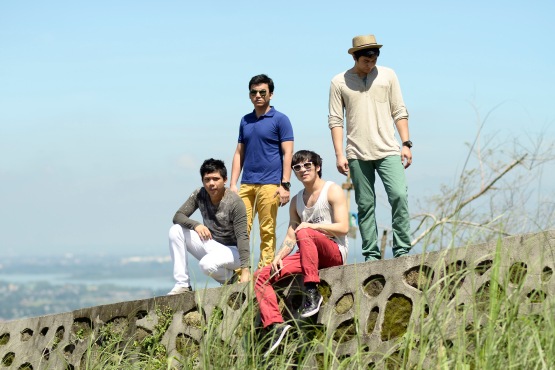The local government of Quezon City and education stakeholders from different sectors gathered together for the Senior High School (SHS) summit on the Technical-Vocational-Livelihood (TVL) track with Information Technology (IT) as the focus industry yesterday.
Education Secretary Armin Luistro FSC lauded the efforts of the city to ensure that the TVL curriculum is both aligned with students’ interests and contextualized to satisfy employment demands within the vicinity.
“It is always a pleasure to be able to witness school stakeholders, the local government and various private-sector partners come together to create effective education programs for the benefit of our learners. Quezon City has always been proactive in engaging the academic community. I pray that their efforts will remain steadfast beyond 2016,” he said.
Luistro underscored that the K to 12 Program equips Filipinos with 21st century skills that will enable them to be prepared for employment, higher education, and skills development, thereby, empowering them to be nation-builders.
“The goal of education is to empower our youth to become the primary movers of social change. Coming up with immersive policies to teach IT will shape communities able to manipulate technology to address bigger social issues and improve the Filipinos’ quality of life,” he added.
Reaching the ‘last mile’
The education chief stressed that DepEd continues its last mile efforts in delivering quality education to the Filipino children living in areas where access remains a challenge.
“We have a multitude of programs to ensure that no one is left behind. We have Kariton Klasrum that aims to encourage street children to participate in the learning experience anywhere in the streets. We also have the Abot Alam program, which aims to enlist out-of-school youth and secondary education undergraduates into the public school system by offering courses fit to match their interests and existing skills. And for SPED, we are honing their capacities by constantly encouraging them and the learning community to participate in mainstreaming programs. These programs are not only set to run next year, they are, in fact, already in place and in full effect,” he said.
He also added that there has been a significant increase of children participating in the formal school system over the years. “The number of OSYs greatly diminished. In 2008, there are 2.9-million OSYs that make up 11.7% of the entire population. This decreased to 1.2-million or 5.2% in 2013,” he explained.
To address the growing enrollment in Quezon City, the DepEd has filled a total of 2,685 teacher items from 2010 to 2014. The Department will also build 47 senior high schools where 31 will be from existing junior high school sites, while the remaining 16 will be new and stand alone.
Multi-sectoral commitment to education reforms
In his opening remarks, Quezon City Mayor Herbert Bautista pledged to come up with different facilities and means to provide for the requirements of the K to 12 tracks their city will offer.
“Ours is a young and vibrant city with the biggest promise to be at the forefront of academic reforms. Today, we come together as one city to take the lead in supporting Sec. Luistro and Pres. Aquino’s greatest legacy to the Filipino youth,” he said.
Quezon City Vice Mayor Joy Belmonte also shared the benefits of K to 12 in saying that the program will produce a well-rounded citizenry dedicated to uplifting the values of academic excellence and nationalism, adding, “Senior High School students will be better prepared for their tertiary education and will be much more competitive when seeking employment both here and abroad. All this for the development of a strong and unified nation,” she said.
Australian Embassy First Secretary Nigel Bruce praised the continued friendship and cooperation between Australia and the Philippines, “Our nations have always been partners in education and social development. In fact, this is not the first commitment Australia is signing in support of K to 12. We currently have the Basic Education Sector Transformation (BEST) Program and the Philippines’ Response to Indigenous Peoples’ and Muslim Education (PRIME) to name a few.”
Founded in San Francisco, USA, the Asia Foundation has also been an unwavering partner in reform efforts of the government not just in education. “We have partnered with the Philippine government in good governance initiatives, disaster response and the Mindanao peace process. You may expect that our level of support to K to 12 will be as faithful and unrelenting as our previous partnerships,” said Deputy Country Representative Maribel Buenaobra.
“We are, first and foremost, educators; and as educators, we do not give up. Trust that we will continue to support education reform efforts,” she added.











